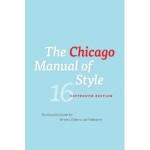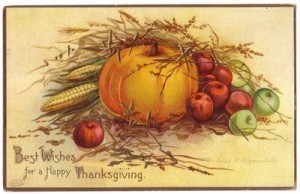 Mystery author Beth Groundwater posted about analyzing her blog using a web tool called Typealyzer. It’s easy to use — just type in your blog’s URL, and you’ll quickly receive an analysis of your blog persona, complete with an image of which parts of the brain — thinking, intuition, sensing, or feeling — are most active during the writing. I’m fascinated by analytical tools, so I ran Words Into Books through the analyzer, as well as two other blogs I write. Here are the results.
Mystery author Beth Groundwater posted about analyzing her blog using a web tool called Typealyzer. It’s easy to use — just type in your blog’s URL, and you’ll quickly receive an analysis of your blog persona, complete with an image of which parts of the brain — thinking, intuition, sensing, or feeling — are most active during the writing. I’m fascinated by analytical tools, so I ran Words Into Books through the analyzer, as well as two other blogs I write. Here are the results.
INTP – The Thinker
The logical and analytical type. They are especially attuned to difficult creative and intellectual challenges and always look for something more complex to dig into. They are great at finding subtle connections between things and imagine far-reaching implications.They enjoy working with complex things using a lot of concepts and imaginative models of reality. Since they are not very good at seeing and understanding the needs of other people, they might come across as arrogant, impatient and insensitive to people that need some time to understand what they are talking about. [I’m really hoping that last bit isn’t true– I think I’m actually a nice person, and not any of those things!;-)]
ISTP – The Mechanic
The independent and problem-solving type. They are especially attuned to the demands of the moment and are highly skilled at seeing and fixing what needs to be fixed. They generally prefer to think things out for themselves and often avoid inter-personal conflicts.The Mechanics enjoy working together with other independent and highly skilled people and often seek fun and action both in their work and personal life. They enjoy adventure and risk such as in driving race cars or working as policemen and firefighters.
INTJ – The Scientist
The long-range thinking and individualistic type. They are especially good at looking at almost anything and figuring out a way of improving it — often with a highly creative and imaginative touch. They are intellectually curious and daring, but might be physically hesitant to try new things.The Scientists enjoy theoretical work that allows them to use their strong minds and bold creativity. Since they tend to be so abstract and theoretical in their communication they often have a problem communicating their visions to other people and need to learn patience and use concrete examples. Since they are extremely good at concentrating they often have no trouble working alone.


 I just talked to Jerry Simmons, NAIWE’s publishing expert, and came away with some interesting insights into the expectations of publishers. I suspect that there are more than four things that publishers want authors to bring to the table, but the ones that Jerry chose were based on his own vast experience in the business side of the publishing world. A couple of them surprised me– how about you?
I just talked to Jerry Simmons, NAIWE’s publishing expert, and came away with some interesting insights into the expectations of publishers. I suspect that there are more than four things that publishers want authors to bring to the table, but the ones that Jerry chose were based on his own vast experience in the business side of the publishing world. A couple of them surprised me– how about you?